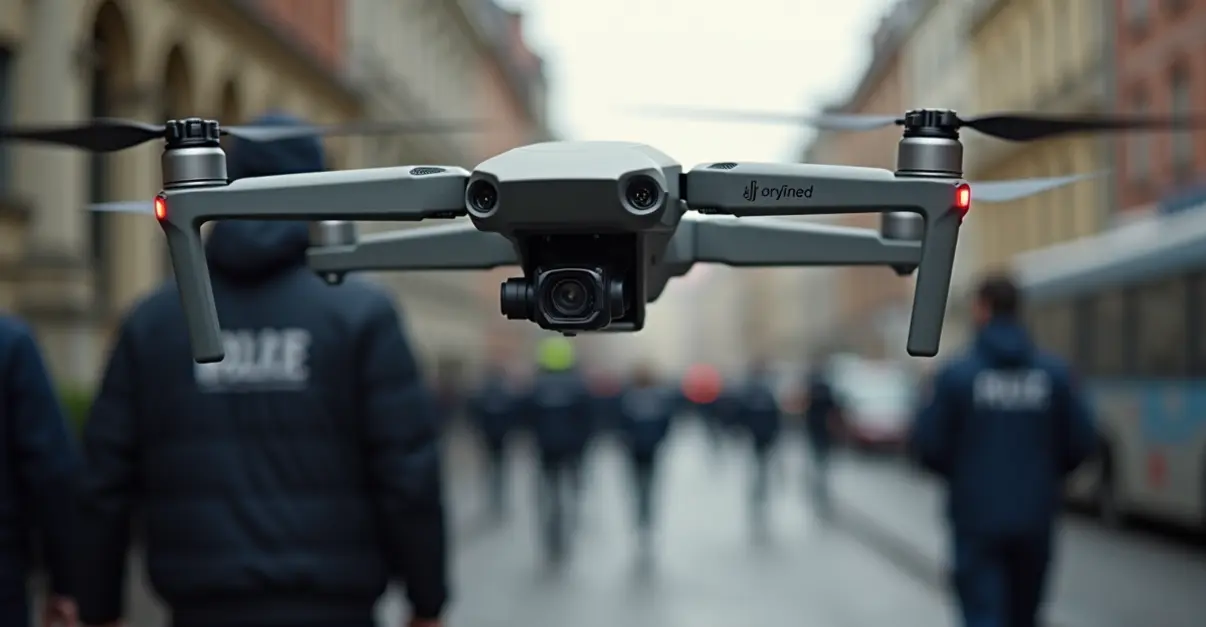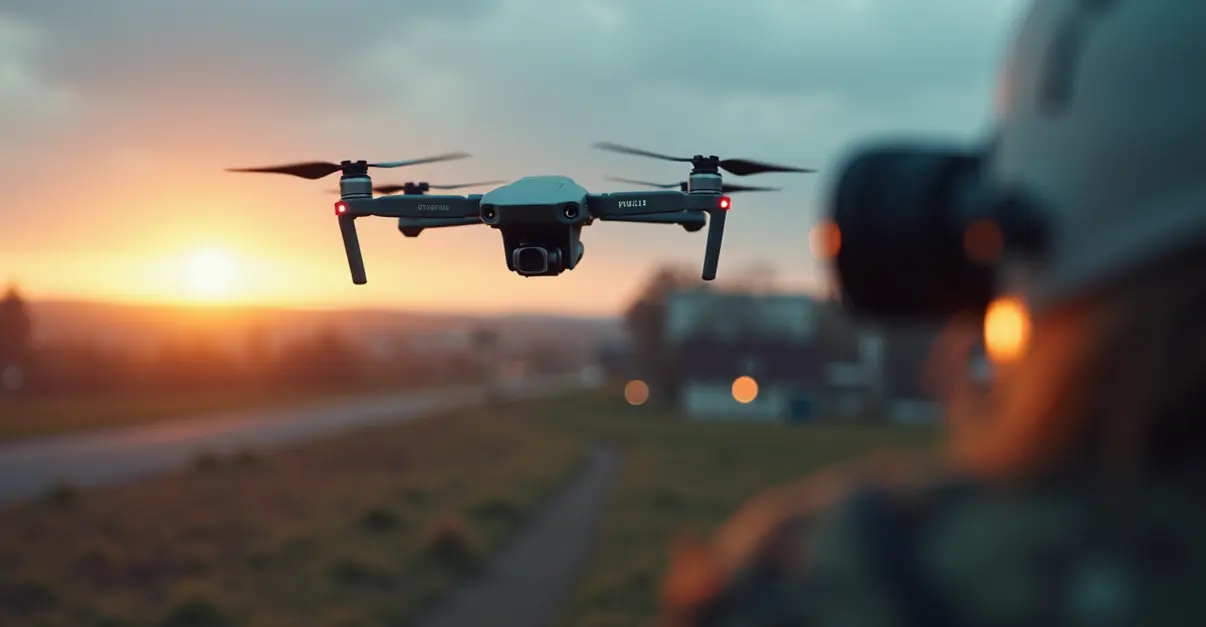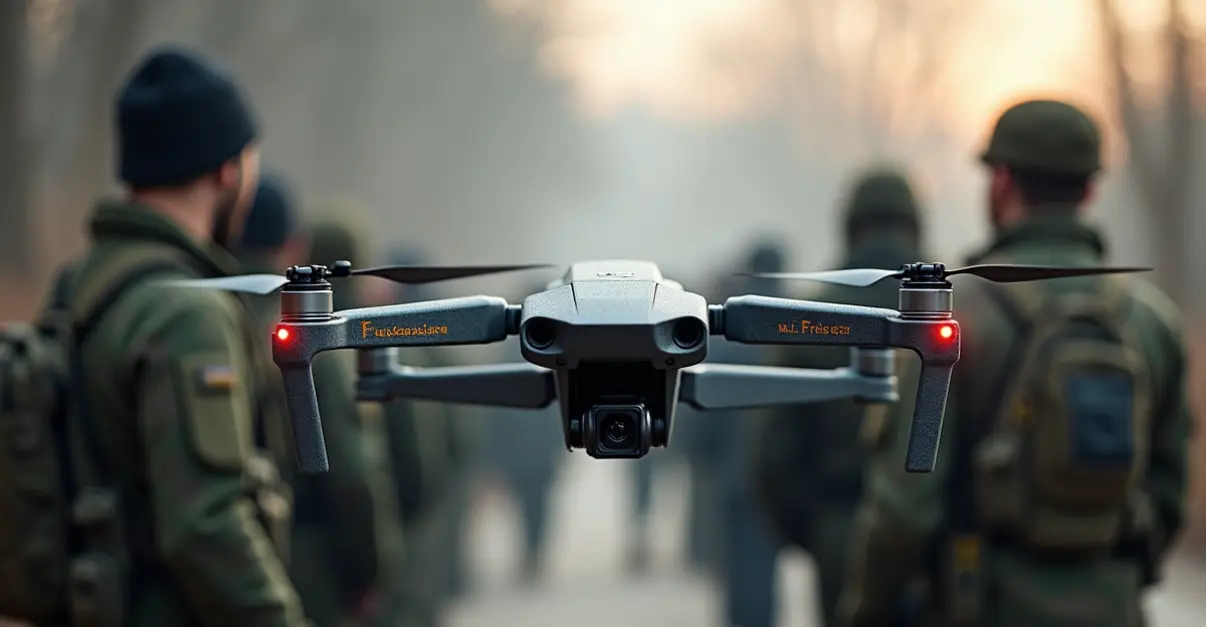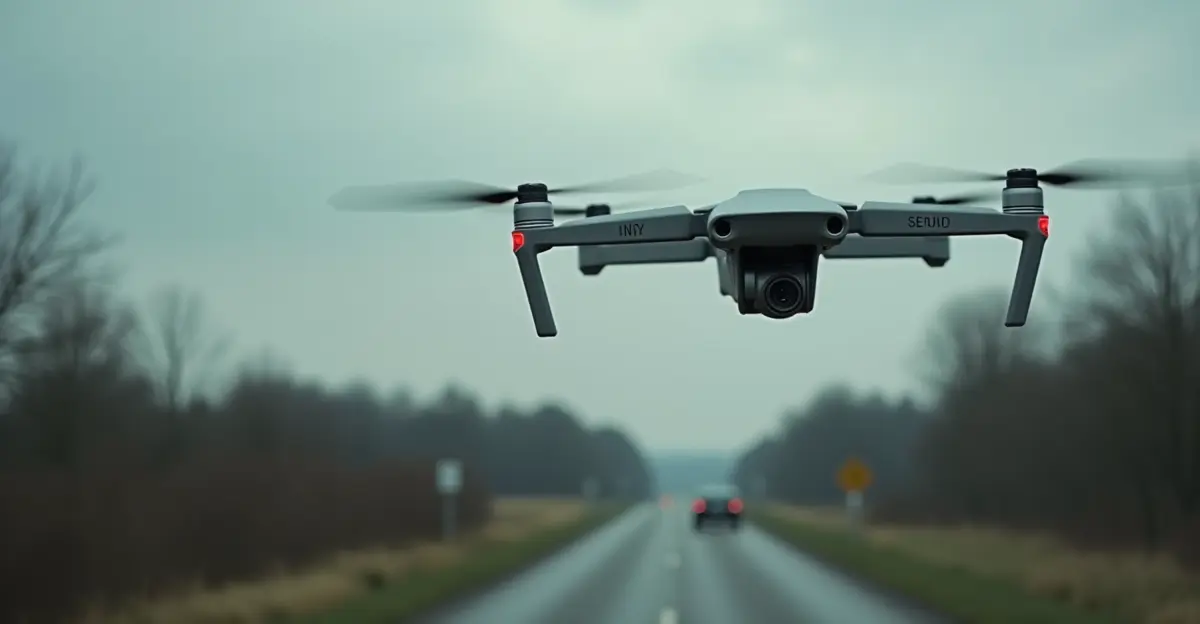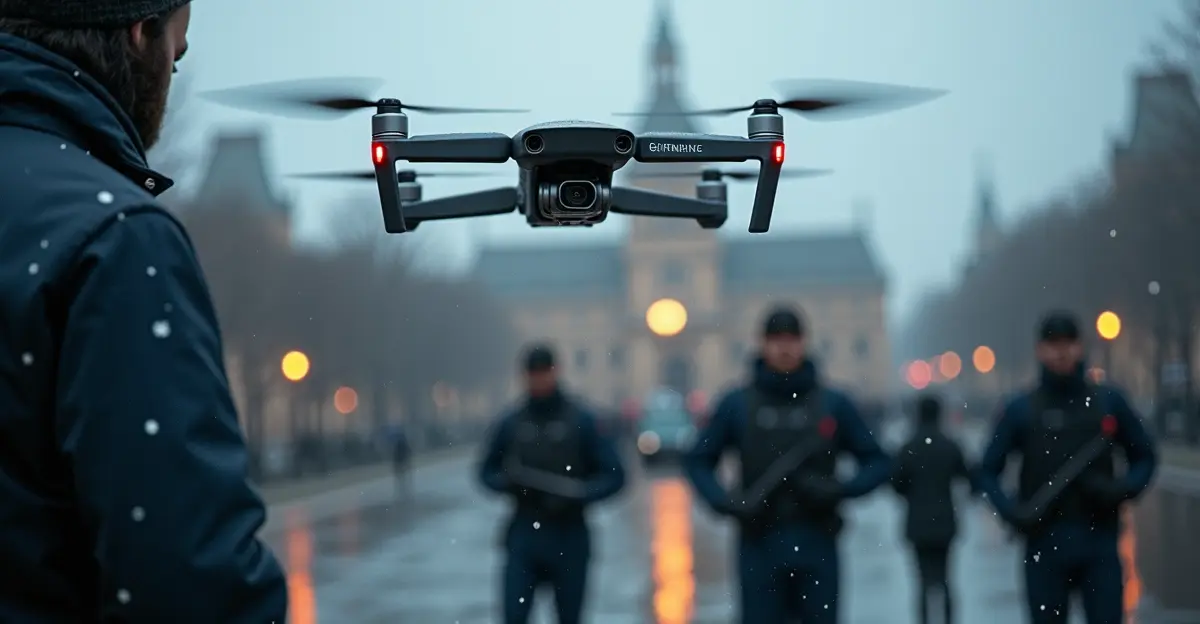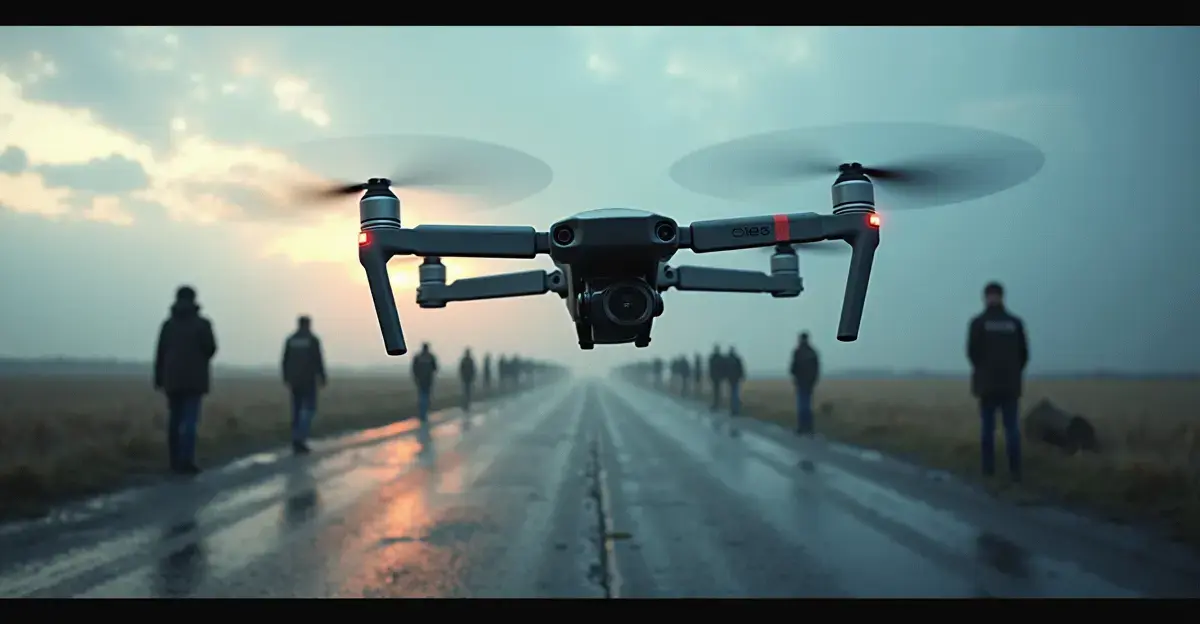Germany Takes Action Against Growing Drone Threats
Germany is implementing sweeping changes to its drone defense strategy, granting federal police new authority to shoot down drones following a wave of suspected Russian surveillance flights over critical infrastructure. The cabinet-approved reforms represent the most significant expansion of police powers in decades and come as Europe faces escalating drone-related security challenges.
New Legal Framework for Drone Defense
Interior Minister Alexander Dobrindt announced the Federal Police Act reform that will allow police to use "state-of-the-art technical action" including electromagnetic pulses, jamming, GPS interference, and physical means to intercept and shoot down drones. The legislation, which still requires approval from both the Bundestag and Bundesrat, marks a fundamental shift in Germany's approach to aerial security threats.
"We are modernizing our security architecture to meet the challenges of the 21st century," Dobrindt stated during the announcement. "The threat from drones has become increasingly sophisticated, and our response must be equally advanced."
Coordinated Defense Infrastructure
The new strategy establishes three key pillars: a joint federal-state drone defense center, a dedicated federal police drone defense unit to be created by year-end, and enhanced research and development for drone defense technology. The government plans to invest 90 million euros annually in the latest counter-drone technology and will add 341 personnel to the federal police force.
The drone defense center will coordinate efforts between federal, state, and military authorities, addressing the current fragmented responsibility system where state police handle general security, federal police protect airports and train stations, and the military defends military installations.
Russian Surveillance Concerns
The urgency for these measures follows multiple drone sightings over German military bases, industrial sites, and airports throughout 2025. Recent incidents twice shut down Munich Airport, grounding thousands of passengers and highlighting the vulnerability of critical infrastructure.
Chancellor Friedrich Merz has stated that Russia is believed to be behind most of these drone flights, calling them "intimidation tactics" as part of broader hybrid warfare operations. The situation mirrors similar drone incursions across Europe, including the September 2025 incident where 19-23 Russian drones entered Polish airspace, triggering NATO's first engagement of Russian assets since the invasion of Ukraine.
Learning from International Experience
Germany is consulting with countries like Israel and Ukraine to build expertise in modern UAV defenses. The Bundeswehr is implementing a multi-layered defense system including electronic jammers, Rheinmetall's Skyranger anti-aircraft tanks, interceptor drones with nets, and laser weapons.
Defense Minister Boris Pistorius has acknowledged that Germany is "really behind" in counter-drone capabilities and is implementing rapid procurement strategies to keep pace with fast-evolving drone technology. The military is also acquiring its first armed drones, including kamikaze "loitering munitions," marking a significant policy shift.
The reforms represent Germany's most comprehensive response to the growing drone threat landscape, balancing enhanced security capabilities with legal safeguards and international cooperation. As drone technology continues to advance, these measures position Germany to better protect its critical infrastructure and respond effectively to emerging aerial security challenges.

 Nederlands
Nederlands
 English
English
 Deutsch
Deutsch
 Français
Français
 Español
Español
 Português
Português
